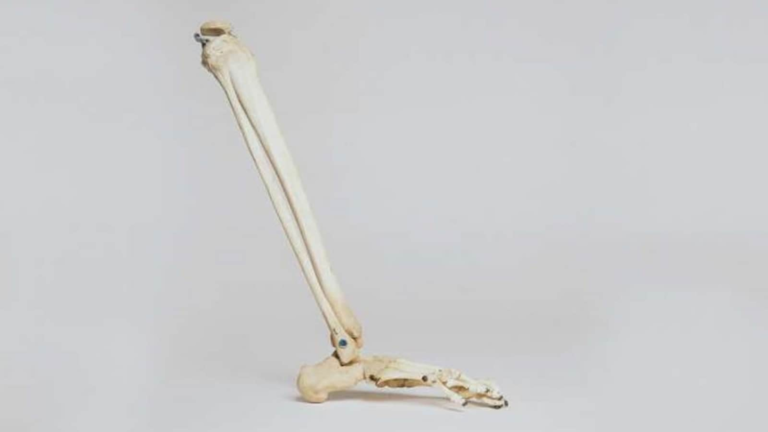In older people, rapid unexplained weight loss may be a sign of underlying disease and may be associated with a higher risk of fractures and falls, and a worse long-term prognosis. said the study.
Due to a lack of understanding of the factors that can contribute to rapid weight loss, current treatments include modifying inefficient dietary and physical activity behaviors.
Also read: Little things can reduce hip fractures: Study
Dr Cassandra Smith, a postdoctoral researcher at Edith Cowan University (ECU), found in a study of 929 older women that rapid weight loss may be associated with abdominal aortic calcification, a sign of severe vascular disease. found that it was associated with “AAC'' (AAC). .
Over 5 years of observation, rapid weight loss is defined as a weight loss of more than 5 percent within 12 months.
“Rapid weight loss in older women can be a sign of worse things to come, including early institutionalization, cognitive decline, Alzheimer's disease, and an increased risk of falls and fractures,” Smith said. the doctor said.
During the five years of observation, 39.4 percent of patients experienced rapid weight loss, which was associated with a 49 percent increased risk of death over the next nine and a half years. This risk of death increased to 87 percent for women who experienced rapid weight loss of more than 10 percent within 12 months.
One in two women with moderate to extensive AAC were 36% and 58% more likely to lose weight rapidly over five years. Results were similar after adjusting for dietary factors, blood pressure, and cholesterol. Importantly, this association was still seen in women who met protein energy and physical activity recommendations.
Dr. Smith said the explanation for the relationship between AAC and rapid weight loss remains unclear. One of his hypotheses is that AAC may restrict blood flow to the intestines, affecting nutrient absorption.
“This has the potential to change the way we treat older adults who exhibit rapid weight loss,” Dr. Smith said.
“The traditional approach is to increase protein and energy intake, but data shows that vascular disease may actually be the cause of weight loss, in which case we use the traditional approach to increase protein and energy intake. However, it may not improve body composition.”
“Given the poor prognosis commonly associated with rapid weight loss in older adults, AAC may be a tool to identify older women most at risk. It may also be useful for cardiovascular disease risk screening and other It also opens the door to the opportunity to consider diseases of the blood vessels and organs that may be affecting body composition. ”
“The next step for this study is to replicate these findings in other cohorts and conduct studies using blood flow measurements and the ability to track macronutrient absorption.”
This article has been published from a news agency feed without modifications to the text. Only the heading has changed.


